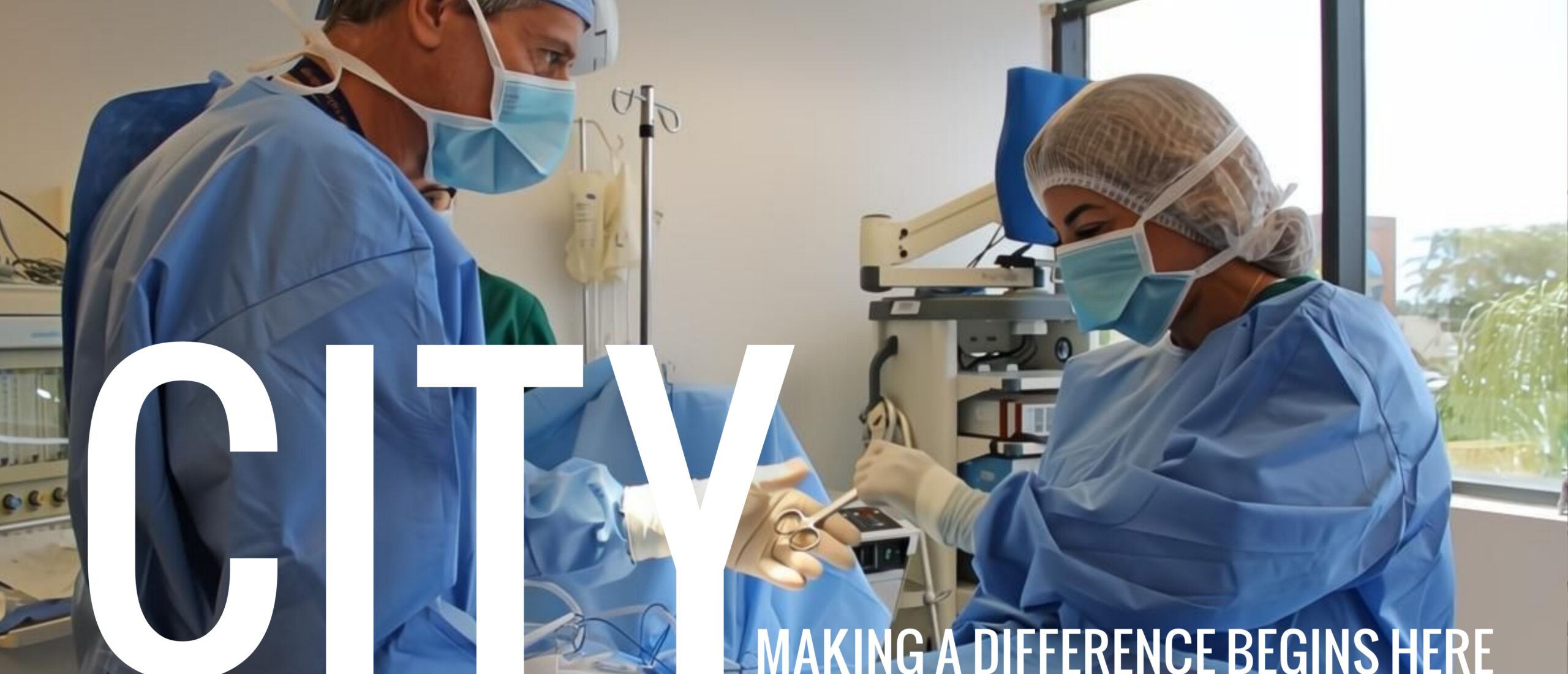

What we are all about
At City College, our core mission is to provide students with quality education and training tailored to their chosen majors in healthcare. With a strong commitment to student success, our diploma, associate, and bachelor degree programs are carefully crafted to offer an exceptional educational experience.
Student Testimonials




Need help paying for school?
Learn about your Financial Aid, Scholarship and Grant options.
I'd like more information
Schedule a tour!
Please visit us soon, so we can help you plan a better future.
TOP REASONS TO ENROLL
Hands-on
Training
Valuable, real-world experience working with a variety of equipment in our state-of-the-industry labs.
Small
Classes
City College's small classes ensure personalized attention for each student.
Job Placement
Assistance
City College's Office of Career Services offers ongoing career assistance to students and graduates.
day & evening
Our day, evening, and online classes fit your busy lifestyle, allowing you to focus on education while balancing work and family responsibilities.
Every Journey starts somewhere
Whether this is your first time enrolling or you’re a returning student, getting a college degree is a big step. Do not worry though, we are here for you every step of the way.
Student LEADERSHIP
Let a City College Student Leadership committee be your partner in meeting your personal and educational goals.
Accredited programs and curriculum
We are proud to be accredited by the Accrediting Bureau of Health Education Schools (ABHES) and others.
Welcome to City College
With a history of putting students first, our programs, offered in Hollywood and Altamonte Springs, Florida – are designed to provide you with the best educational journey, through flexible schedules, unlimited tutoring, and financial aid options.
Our goal is to help you prepare for a successful future.
Whether you are a recent high school graduate, an adult thinking about returning to college, or a military veteran seeking a new civilian career, the City College Office of Admissions will help you make the right choice for your unique situation and begin a rewarding new career.
City College at a Glance
PRACTICAL, RELEVANT DEGREE PROGRAMS

Established in 1984

PREPARING YOU FOR SUCCESS



